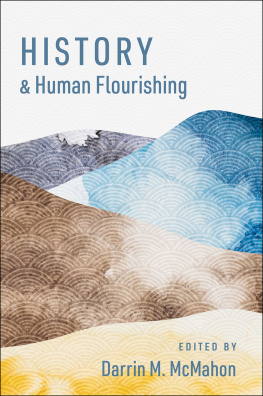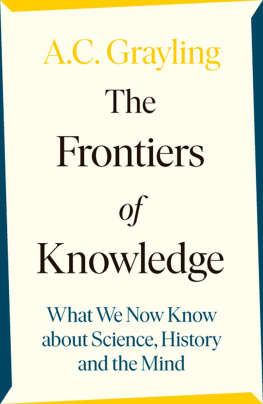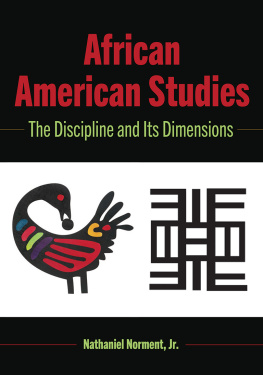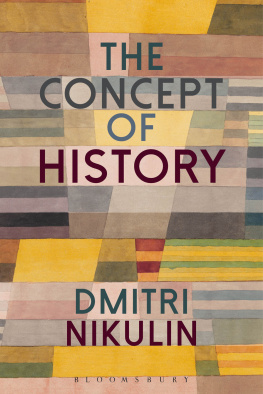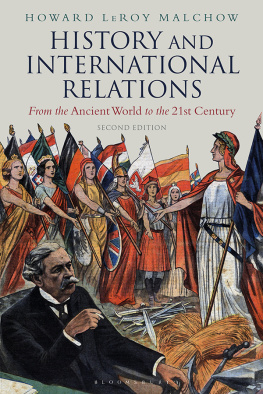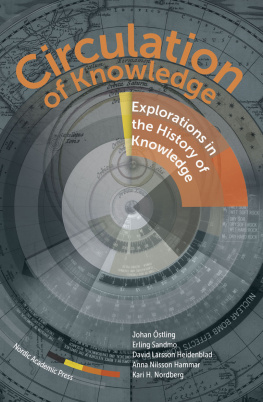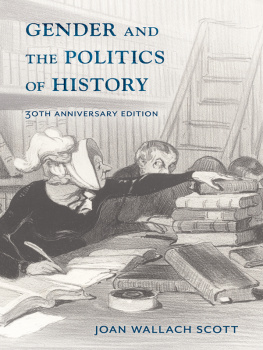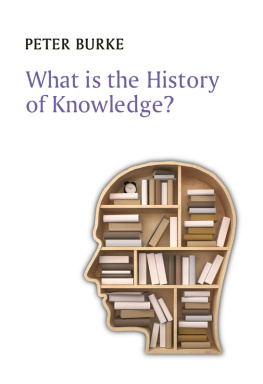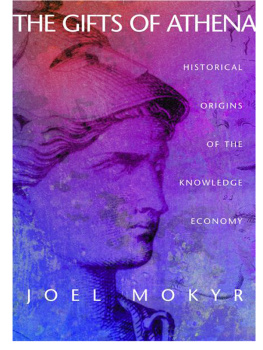
How History Works
How History Works assesses the social function of academic knowledge in the humanities, exemplified by history, and offers a critique of the validity of historical knowledge. The book focusses on historys academic, disciplinary ethos to offer a reconception of the discipline of history, arguing that it is an existential liability: if critical analysis reveals the sense that history offers to the world to be illusory, what stops historical scholarship from becoming a disguise for pessimism or nihilism?
History is routinely invoked in all kinds of cultural, political, economic, psychological situations to provide a reliable account or justification of what is happening. Moreover, it addresses a world already receptive to comprehensive historical explanations: since everyone has some knowledge of history, everyone can be manipulated by it. This book analyses the relationship between specialized knowledge and everyday experience, taking phenomenology (Husserl) and pragmatism (James) as methodological guides. It is informed by a wide literature sceptical of the sense academic historical expertise produces and of the work history does, represented by thinkers such as Schopenhauer, Nietzsche, Valry, Anders and Cioran.
How History Works discusses how history makes sense of the world even if what happens is senseless, arguing that behind the smoke-screen of historical scholarship looms a chaotic world-dynamic indifferent to human existence. It is valuable reading for anyone interested in historiography and historical theory.
Martin L. Davies is Emeritus Reader in History at the University of Leicester. His publications include Identity or History? Marcus Herz and the End of the Enlightenment (1995), Historics: Why History Dominates Contemporary Society (Routledge, 2006) and Imprisoned by History: Aspects of Historicized Life (Routledge, 2010).
Routledge Approaches to History
1 Imprisoned by History
Aspects of Historicized Life
Martin L. Davies
2 Narrative Projections of a Black British History
Eva Ulrike Pirker
3 Integrity in Historical Research
Edited by Tony Gibbons and Emily Sutherland
4 History, Memory, and State-Sponsored Violence
Time and Justice
Berber Bevernage
5 Frank Ankersmits Lost Historical Cause
A Journey from Language to Experience
Peter P. Icke
6 Popularizing National Pasts
1800 to the Present
Edited by Stefan Berger, Chris Lorenz and Billie Melman
7 The Fiction of History
Alexander Lyon Macfie
8 The Rise and Propagation of Historical Professionalism
Rolf Torstendahl
9 The Material of World History
Edited by Tina Mai Chen and David S. Churchill
10 Modernity, Metatheory, and the Temporal-Spatial Divide
From Mythos to Techne
Michael Kimaid
11 The Struggle for the Long-Term in Transnational Science and Politics
Forging the Future
Edited by Jenny Andersson and Egle Rindzeviit
12 A New Type of History
Fictional Proposals for dealing with the Past
Beverley Southgate
13 Beyond Memory: Silence and the Aesthetics of Remembrance
Edited by Alexandre Dessingu and Jay Winter
14 The Soviet Past in the Post-Socialist Present
Methodology and Ethics in Russian, Baltic and Central European Oral History and Memory Studies
Edited by Melanie Ilic and Dalia Leinarte
15 Theoretical Perspectives on Historians Autobiographies
From Documentation to Intervention
Jaume Aurell
16 How History Works
The Reconstitution of a Human Science
Martin L. Davies
Persuasively written and developing a challenging thesis based on the pervasiveness of historicised understanding in giving illusory meaning to our world, this book expresses a thought-experiment that needs to be experienced by all historians willing to reflect on the theoretical nature and social impact of their discipline.
Jonathan Gorman, Queens University Belfast, UK
Martin L. Daviess How History Works is the sharpest barrage of arrows directed at history in a long time. Davies is especially severe in his treatment of public history, and of normal history in its public (regime-stabilizing) function... I much admire Daviess wit, erudition, insouciant style, and, let it be said, hard work.
Allan Megill, University of Virginia, USA

First published 2016
by Routledge
2 Park Square, Milton Park, Abingdon, Oxon OX14 4RN
and by Routledge
711 Third Avenue, New York, NY 10017
Routledge is an imprint of the Taylor & Francis Group, an informa business
2016 Martin L. Davies
The right of Martin L. Davies to be identified as author of this work has been asserted by him in accordance with sections 77 and 78 of the Copyright, Designs and Patents Act 1988.
All rights reserved. No part of this book may be reprinted or reproduced or utilised in any form or by any electronic, mechanical, or other means, now known or hereafter invented, including photocopying and recording, or in any information storage or retrieval system, without permission in writing from the publishers.
Trademark notice: Product or corporate names may be trademarks or registered trademarks, and are used only for identification and explanation without intent to infringe.
British Library Cataloguing-in-Publication Data
A catalogue record for this book is available from the British Library
Library of Congress Cataloging-in-Publication Data
Davies, Martin L.
How history works : the reconstitution of a human science / Martin L. Davies.
pages cm. (Routledge approaches to history; 16)
Includes bibliographical references and index.
1. HistoryPhilosophy. 2. HistorySocial aspects. I. Title.
D16.8.D259 2015
901dc23
2015016293
ISBN: 978-1-138-93212-8 (hbk)
ISBN: 978-1-315-67215-1 (ebk)
Typeset in Sabon
by Swales & Willis Ltd, Exeter, Devon, UK
For Ras
... almost all really new ideas have a certain aspect of foolishness
when they are first produced.
Alfred North Whitehead, Science and the Modern World
Das Niveau einer Wissenschaft bestimmt sich daraus,
wie weit sie einer Krisis ihrer Grundbegriffe fhig ist.
(The status of a science is determined by how far it can
withstand a crisis of its basic concepts.)
Martin Heidegger, Sein und Zeit
How History Works: The Reconstitution of a Human Science complements Historics: Why History Dominates Contemporary Society (2006) and Imprisoned by History: Aspects of Historicized Life (2010). These studies were not planned as a triptych: each can be read independently of the others. Rather, the second book emerged out of issues raised by the first, and this one, the third, is a further attempt to clarify what history actually does.
In the present historicized culture history offers itself automatically as a natural way of thinking about the world, of making what happens make sense. Like the two books that preceded it, the present study argues that history is just one form of understanding, a technology for producing sense whatever happens, the adaptable instrument of a comprehensive way of thinking, and that this way of thinking needs to be elucidated. Like those books, the present study also shows that there are many ways of thinking that do not have automatic recourse to history, that do not need such a recourse, that thus all the better reveal the destitution of existence and the climate of apprehension that constitute the ethos of a historicized world. In


